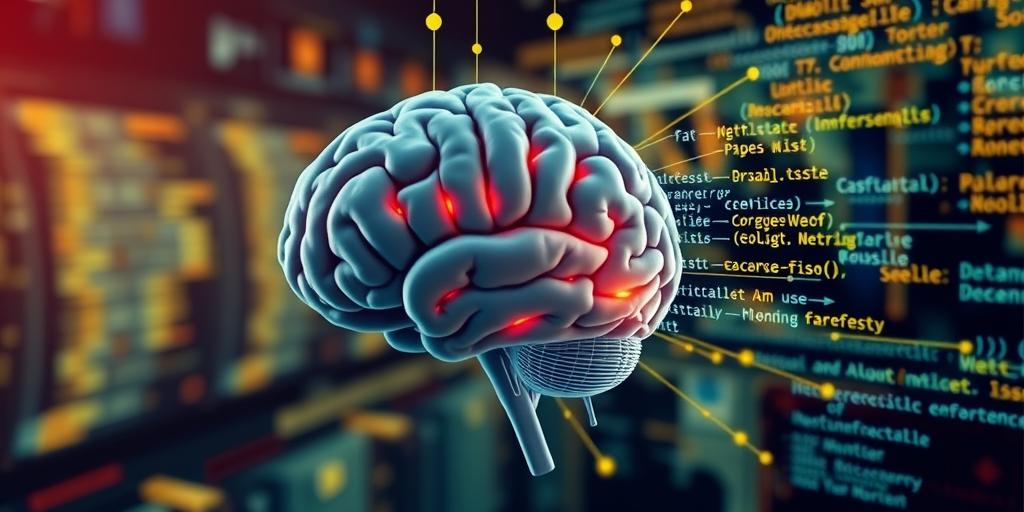The Subtle Sway: How Algorithms Shape Your Political Views
In today's digital age, algorithms are the unsung heroes (or villains, depending on your perspective) that curate our online experiences. From the news we read to the products we buy, algorithms are constantly at work, filtering information and shaping our perceptions. But what happens when these algorithms start influencing something as fundamental as our political opinions?
The Echo Chamber Effect
One of the most significant impacts of algorithms on political opinion is the creation of "echo chambers." Social media platforms and search engines use algorithms to personalize the content we see, based on our past behavior and preferences. While this can be convenient, it also means that we're more likely to be exposed to information that confirms our existing beliefs, while dissenting viewpoints are filtered out. This can lead to a phenomenon known as "confirmation bias," where we selectively seek out information that supports our preconceived notions, reinforcing our opinions and making us more resistant to opposing viewpoints.
The Filter Bubble
Another related concept is the "filter bubble," coined by Internet activist Eli Pariser. Filter bubbles are created when algorithms personalize our online experiences to such an extent that we become isolated from information that challenges our beliefs. This can have serious consequences for political discourse, as it can lead to increased polarization and a lack of understanding between different groups of people.
The Spread of Misinformation
Algorithms can also contribute to the spread of misinformation and disinformation. Social media platforms, in particular, have been criticized for their role in amplifying fake news and propaganda. This is because algorithms are often designed to prioritize engagement, meaning that sensational or emotionally charged content is more likely to go viral, regardless of its accuracy. This can have a significant impact on political opinion, as people may be exposed to false or misleading information that shapes their perceptions and influences their voting decisions.
The Power of Targeted Advertising
In addition to shaping the content we see, algorithms also play a key role in targeted advertising. Political campaigns and advocacy groups use algorithms to identify and target specific demographics with tailored messages. This can be an effective way to reach potential voters, but it also raises ethical concerns about manipulation and privacy. For example, campaigns may use algorithms to target vulnerable individuals with emotionally manipulative messages, or they may collect and analyze personal data without people's knowledge or consent.
What Can Be Done?
So, what can be done to mitigate the negative impacts of algorithms on political opinion? Here are a few possible solutions:
- Algorithm transparency: Increase transparency around how algorithms work, so that people can better understand how their online experiences are being shaped.
- Media literacy education: Educate people about the importance of critical thinking and media literacy, so that they can better evaluate the information they encounter online.
- Platform accountability: Hold social media platforms and search engines accountable for the content that is shared on their platforms, and incentivize them to combat misinformation and disinformation.
- User control: Give users more control over their online experiences, allowing them to customize their algorithms and choose the types of information they want to see.
Conclusion
Algorithms have a profound influence on political opinion, shaping the information we see, the people we interact with, and the messages we receive. While algorithms can be beneficial in many ways, it's important to be aware of their potential downsides and to take steps to mitigate their negative impacts. By increasing transparency, promoting media literacy, and holding platforms accountable, we can ensure that algorithms are used to inform and empower citizens, rather than to manipulate and divide them.









